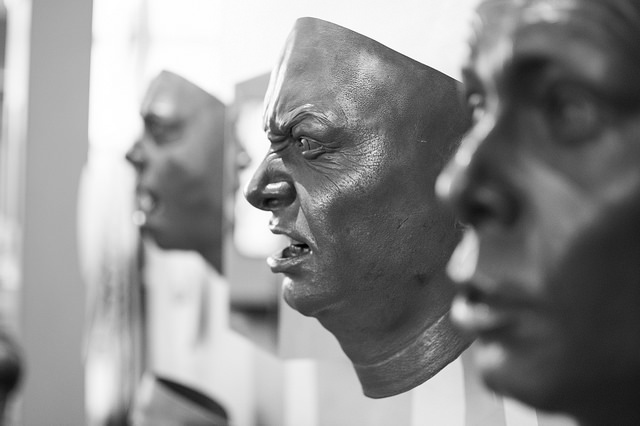I’ve not reviewed that many role playing games but I’ve read and played enough to have formed the following opinions, which I’m now going to inflict on you, the reader.
Layout
Switching between one and two columns multiple times on the same page
Unless done carefully with breakout boxes and artwork, it makes the page look a disorganised mess. Worse still, it becomes confusing as to where text goes at a column’s end. Does it skip the single column section and continue further down the page or am I meant to be heading for the top right?
Art and tables that are full width in the middle of the page
Similar to the column switching, this occludes the reading flow, forcing me to either prematurely jump up to the next column or glance over the offending figure to where the text continues. The figure will sit nicely at the top or bottom of the page and illustrate the text just as well.
Contents and index pages
Have them and make them detailed, even if the document is small. They’re an invaluable help when you’re using the text as a reference. In the index, consider using bold or italics to draw the eye to key game mechanics.
Empty pages
A page with nothing on it, just the background image. If the background image is very pretty, then an empty page could be a good way to show it off, but if the image is that interesting it’s probably distorting the text. An empty page costs you time and money to produce and the reader money to purchase. Think carefully before including them.
Bland headings
I like headings to stand out from the page. Having them the same font as the rest of the text can cause them to blend in, an annoyance when I’m quickly scanning page looking for something. Similar for breakout boxes, use a style / typeface / border to distinguish them.
Book name in the page header
I already know the name of the book I’m reading, so I don’t need this information repeated on every page. Chapter or subsection titles are much more useful.
Artwork
Page backgrounds that obscure the text
Yes that sunrise is a pretty image; but it’s also got a wide colour and brightness range. When you lay text on top of this it’ll blend into the background, no matter what colour you choose. As I care more about the text than background, take care to ensure the text is alway visible. For PDFs, check how the background image looks when you’re flicking past it quickly searching for something. Small flicks and changes are distracting at this speed.
Art without attribution
I like to know which artist contributed which drawing or where a particular photograph came from. Thus I’m a little disappointed when the artwork sources are listed without reference to the graphics location in the book.
Content
Forward referencing
This is quite a tricky one with role playing games. Take character creation as an example. If it’s placed before the game mechanics, you might want to reference terms and numbers that haven’t been introduced yet to help the reader make sense of their decisions. Getting this wrong means the reader is either confused or flicking back and forth through the book.
Un-introduced In-setting fiction
If you’ve not yet told the reader about your fictional world, in-setting fiction can be confusing to understand and tedious to flick past. It has value as a way of encouraging emersion in a setting and communicating to the reader a game’s themes, but I feel it’s better located after the setting description.
Game Mechanics
Inconsistency with game mechanic terms
If there are set words and phrases that have precise mechanical meanings, be careful what names you give them. If the name sounds too much like a common phrase, then it’ll be difficult for a reader to know when it’s being invoked or it’ll be used so often as to become meaningless. Having picked a term, be consistent in its use. If Aggression is your defined term, use it, even if there’s a temptation to use another word to avoid repetition.
If you want to change rule R, then here are some ways you can do it, or do your own thing
I don’t need your permission to change the rules nor do you need to tell me this.
Conclusion
If you do these things in your RPG, I will be annoyed. Please don’t annoy me. I don’t like being annoyed. If you think carefully about these issues during production, I’m sure you’ll end up with a better product.
Image Credit – Anger by Patrik Nygren – CC-BY-SA-2.0

